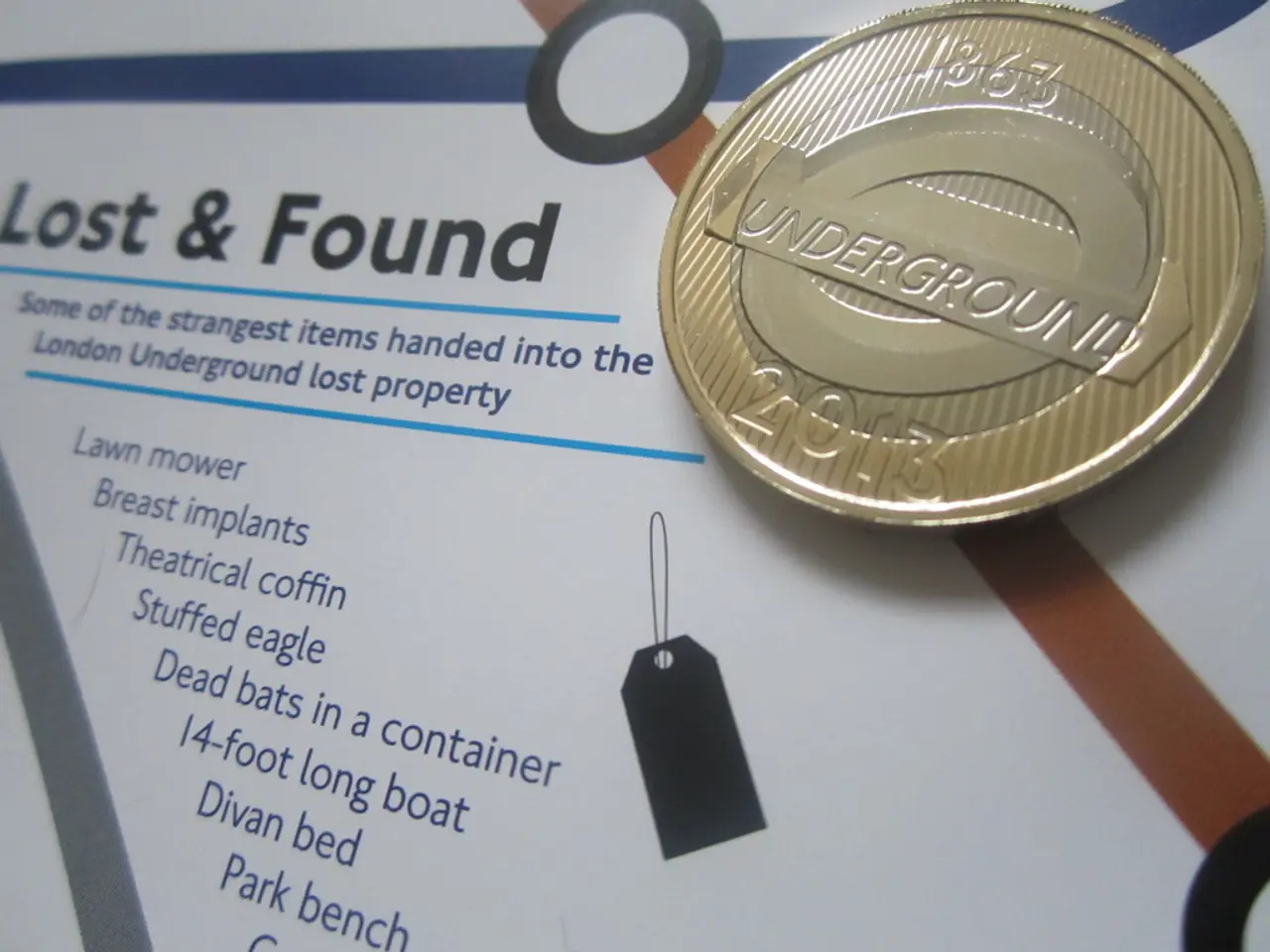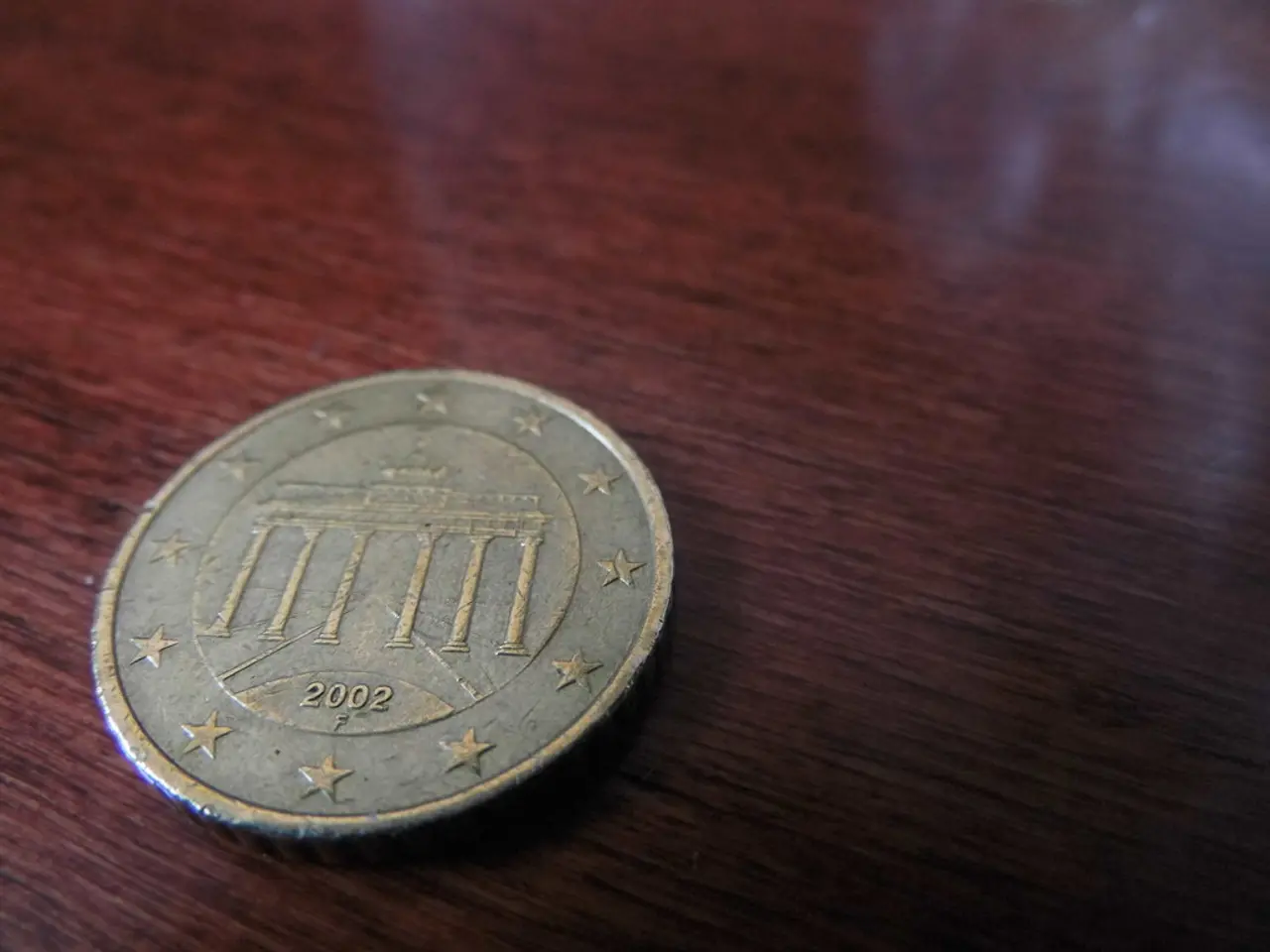Guidelines for the President's Digital Financial Technology Task Force: Proposed Measures to Bolster U.S. Dominance in the Field of Digital Asset Markets
In a bid to modernize the nation's payments infrastructure and solidify the U.S.'s position as a global leader in blockchain technology and digital finance, the President's Working Group on Digital Asset Markets has presented a comprehensive report outlining key recommendations.
The group, established by President Trump's Executive Order 14178, has proposed a series of actions to foster innovation in banking related to cryptocurrencies. These recommendations aim to reduce regulatory uncertainty and promote growth in the digital asset market.
One of the key proposals is restarting federal banking regulators' crypto innovation programs that were previously suspended. The group also suggests establishing clear approval processes for digital asset custody services, trading facilitation, and other operations.
Another recommendation is implementing technology-neutral risk management approaches in banking regulations, ensuring capital requirements accurately reflect the risk of crypto assets. This approach would avoid imposing blanket higher capital charges that discourage bank participation.
The Working Group has urged Congress to pass legislation giving the Commodity Futures Trading Commission (CFTC) clear authority to regulate crypto spot markets that are not considered securities. They also advocate for embracing decentralized finance (DeFi) and modernizing securities rules and regulations to enable US financial markets to operate on-chain.
The report also calls for providing clearer regulatory guidance for institutions seeking bank charters or Federal Reserve master accounts for digital asset-related business lines. Regulators are recommended to avoid discriminatory practices against lawful digital asset businesses.
To address Anti-Money Laundering (AML) concerns, the Working Group recommends that regulators provide clarity regarding AML obligations and reporting. They also suggest reinforcement of the importance of self-custody and clarifying AML/CFT obligations of actors within the decentralized finance ecosystem.
The report further recommends a sound and predictable banking regulatory framework to allow depository institutions to meet customer demand for digital asset services. It also suggests reviewing previously issued guidance on the tax treatment of activities like mining and staking.
Notably, the Working Group has ended Operation Choke Point 2.0 for the digital assets industry, ensuring a fit-for-purpose market structure framework to support growth and innovation in the digital assets industry.
Overall, the report provides a roadmap to make the United States the "crypto capital of the world," positioning it as a hub for blockchain technology and digital finance, ushering in the so-called "Golden Age of Crypto."
- The report urges Congress to empower the Commodity Futures Trading Commission (CFTC) to regulate cryptocurrency spot markets that are not regarded as securities, thereby embracing decentralized finance (DeFi) and modernizing securities rules and regulations.
- To avoid discouraging bank participation, the Working Group proposes technology-neutral risk management approaches in banking regulations, ensuring capital requirements accurately reflect the risk of cryptocurrency assets.
- The report recommends a clear regulatory framework for institutions seeking bank charters or Federal Reserve master accounts for digital asset-related business lines, ensuring a fair market structure for the growth and innovation of the digital assets industry.




